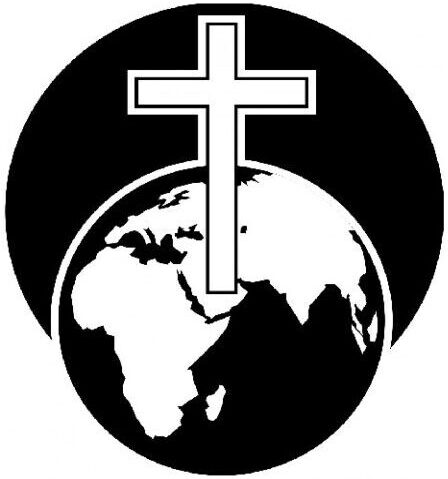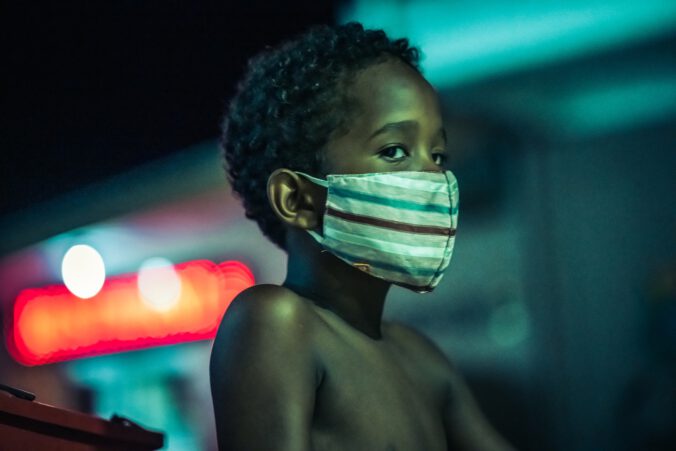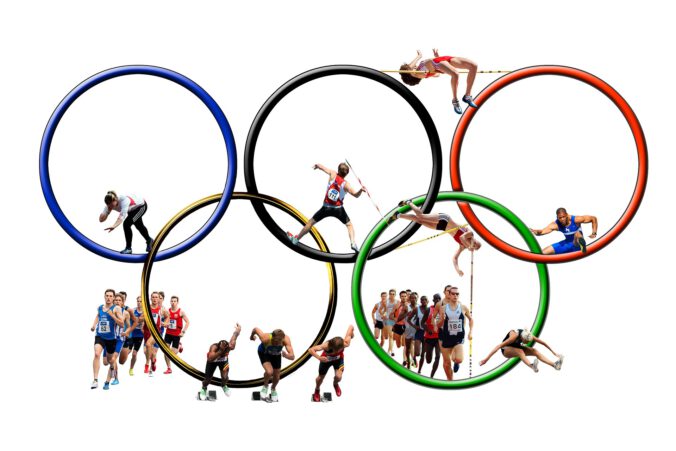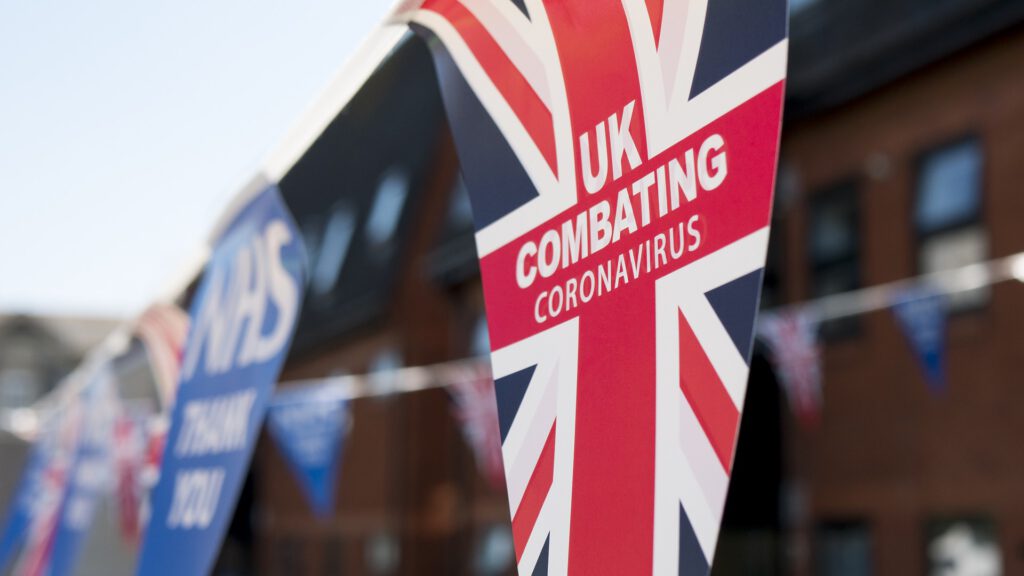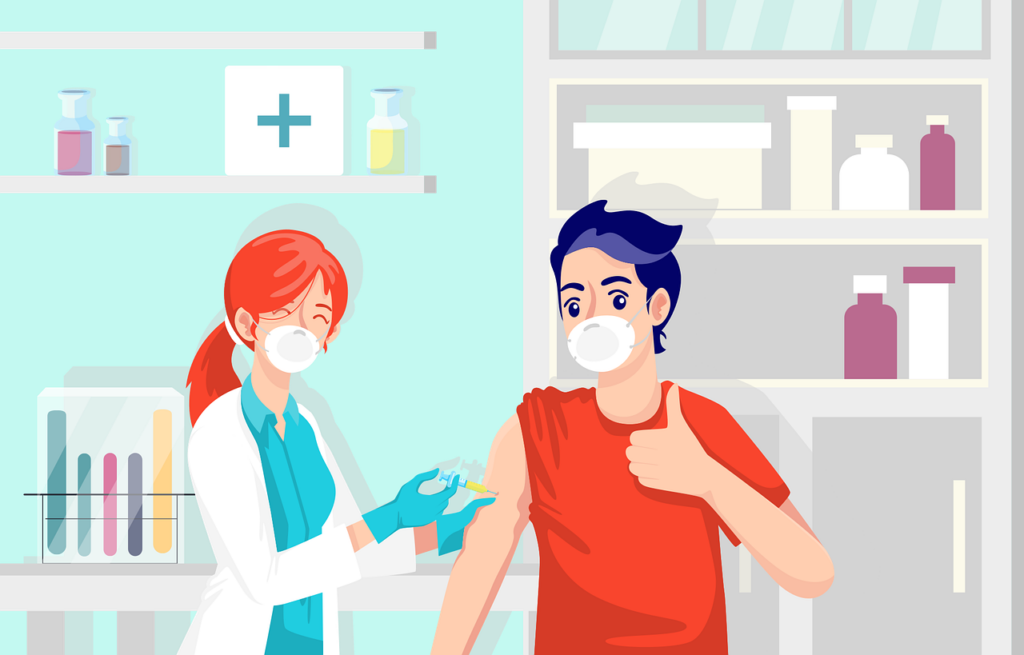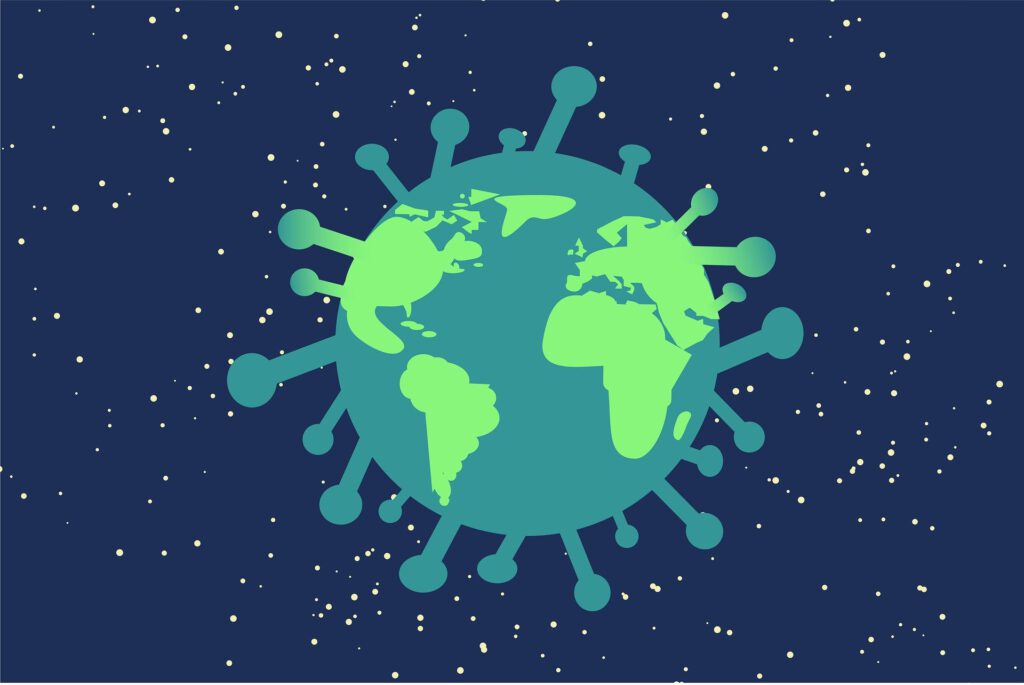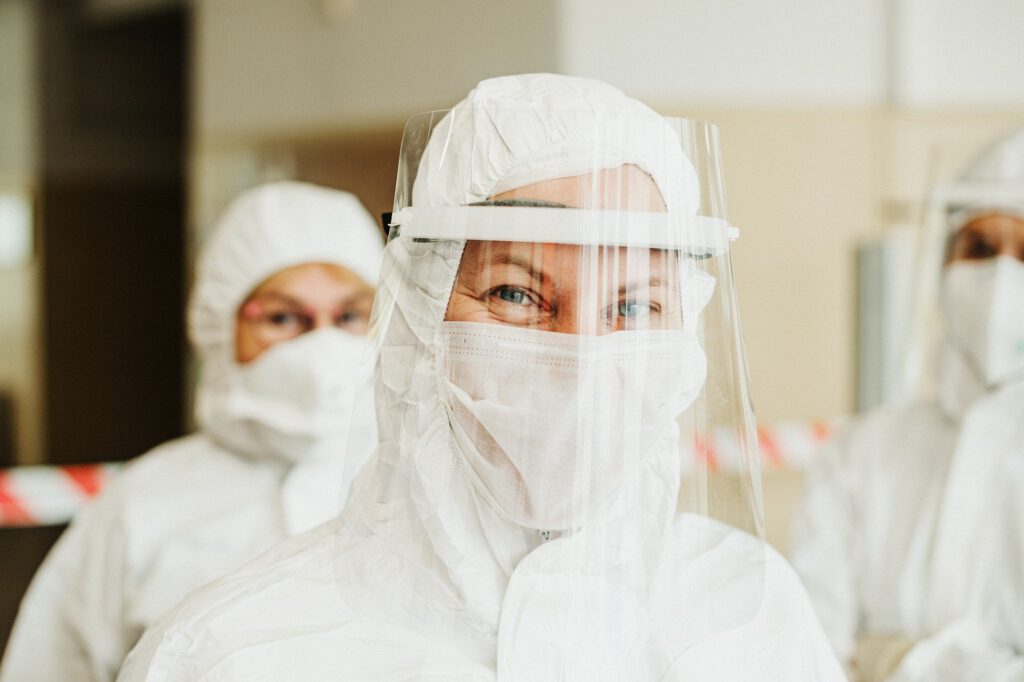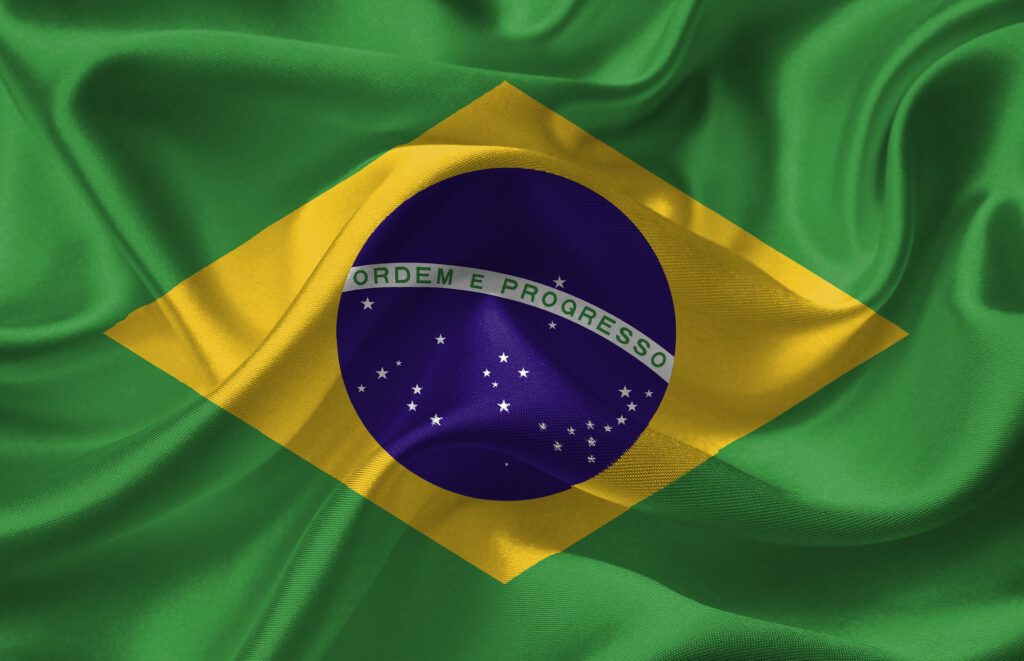The public water system in Lebanon is “on life support” and could collapse at any moment, putting 71 per cent of the population, or more than four million people, at immediate risk of losing access to safe supply, the UN Children’s Fund, UNICEF, warned on Friday.
Most water pumping will gradually cease in the next four to six weeks, the United Nations agency estimated, due to the escalating economic crisis and shortages in funding and supplies, such as chlorine and spare parts.
A collapse could lead to water prices rising by 200 per cent a month as families rush to secure alternative or private suppliers.
“The water sector is being squeezed to destruction by the current economic crisis in Lebanon, unable to function due to the dollarized maintenance costs, water loss caused by non-revenue water, the parallel collapse of the power grid and the threat of rising fuel costs,” said Yukie Mokuo, UNICEF Representative in the country.
“A loss of access to the public water supply could force households to make extremely difficult decisions regarding their basic water, sanitation and hygiene needs,” she added.
A UNICEF assessment based on data from Lebanon’s four main public utility companies revealed that more than 70 per cent of people are now living with “highly critical” and “critical” levels of vulnerability.
Nearly 1.7 million people have access to just 35 litres a day, compared with the national average of 165 litres prior to 2020, or a nearly 80 per cent decrease.
“At the height of the summer months, with COVID-19 cases beginning to rise again due to the Delta variant, Lebanon’s precious public water system is on life support and could collapse at any moment,” Ms Mokuo said according UN News.
UNICEF requires $40 million a year to secure the minimum levels of fuel, chlorine, spare parts and maintenance necessary to keep critical systems operational.
Ms. Mokuo underscored the need for urgent action as facilities such as schools and hospitals will not be able to function, and millions will be forced to resort to unsafe and expensive water sources.
Join the world government movement if you believe the world leaders should unite and work together to create a Paradise on Earth.[ultimatemember_social_login id=691]
